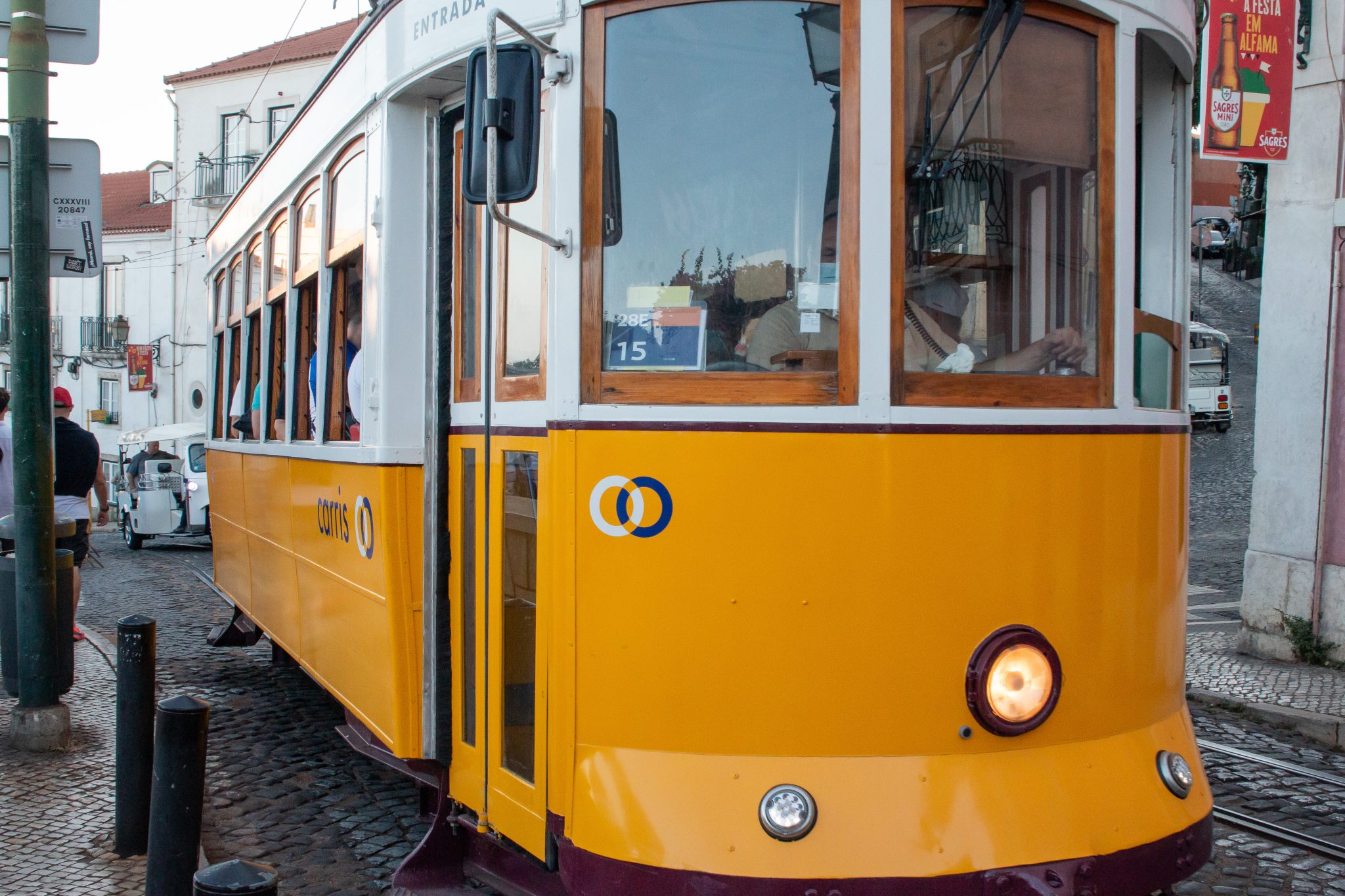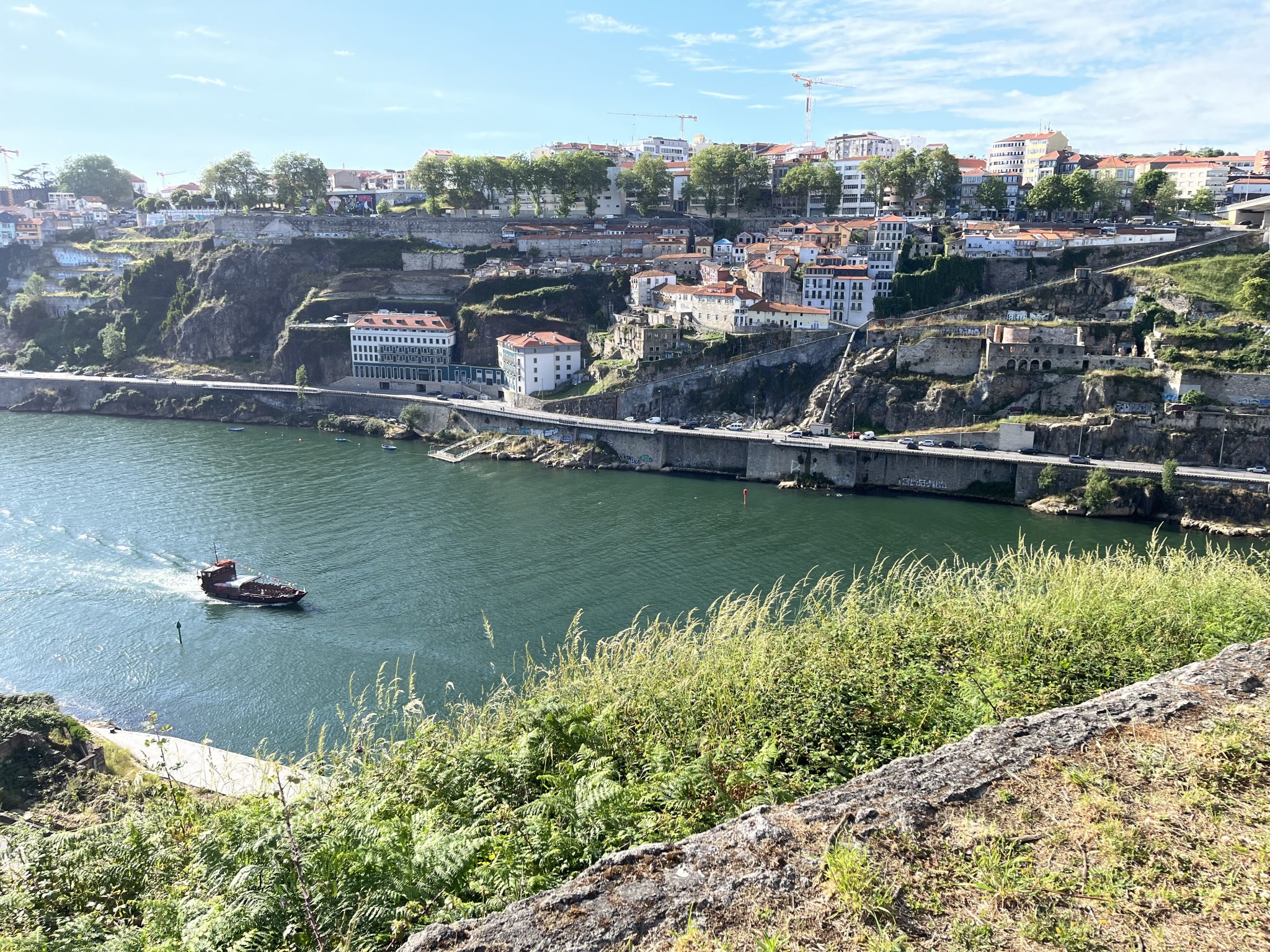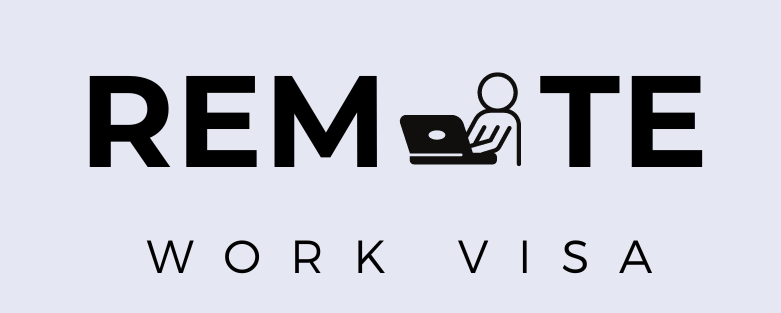
Portugal has been an increasingly attractive location for remote workers and digital nomads in recent years, owing to its lovely weather, low cost of living, and welcoming immigration rules.
Portugal currently offers two main visa options for remote workers:
D7 Passive Income Visa

This long-term visa is aimed at individuals who want to move to Portugal and earn passive income from sources like rental properties, dividends, freelance work, eCommerce businesses, etc. To qualify for the D7 visa, you need to prove that you have a monthly passive income of at least €7,620 (for a family) or €645 (for an individual). The application process involves submitting documents like a lease, Portuguese bank statements, proof of health insurance, criminal background check, and evidence of your passive income stream. The D7 visa allows you to stay in Portugal for up to 1 year, after which you can renew it for 2-year periods.
Self-Employment Visa

If you want to work remotely as a freelancer or run your own location-independent business, the Self-Employment Visa may be a good option. To qualify, you need to show proof of your business’ legal establishment, a comprehensive business plan, evidence that your work has a cross-border dimension, and that you have sufficient monthly income from your self-employment (at least €645 per month). The Self-Employment Visa also allows stays of up to 1 year with the possibility of extension for 2 years at a time.
In addition to the visa requirements, you will also need to demonstrate that you have health insurance coverage during your time in Portugal and enough financial means to support yourself. The application process for both the D7 and Self-Employment visas can take several months, so you should apply well in advance of your planned move to Portugal.

Does Portugal sound like the perfect place to work remotely? With the right visa and preparations, you can enjoy all that Portugal has to offer digital nomads and remote workers. Please let me know if you have any other questions!
